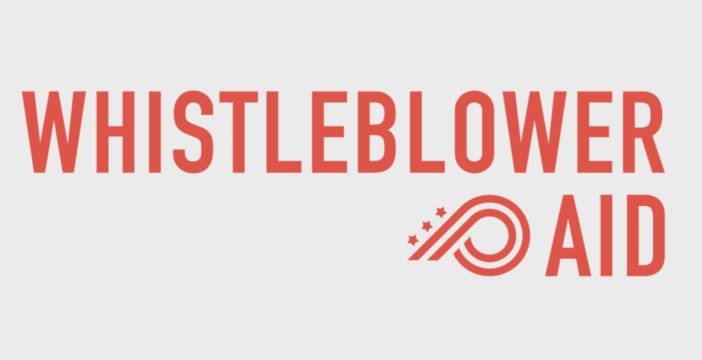
As prepared for delivery.
“Ranking Member Shaheen, Members of the Senate Foreign Relations Committee, Thank you for convening this important roundtable.
“I am Nicholas Enrich, a career civil servant with 15 years in the federal government under four administrations—both Democrat and Republican.
“Currently, I serve as the Acting Assistant Administrator for Global Health at USAID, overseeing approximately $10 billion annually appropriated by Congress to strengthen health systems to: Prevent and respond to infectious diseases, improve maternal and child health, – and diagnose and treat HIV, TB and Malaria.
“As a result of my lawful whistleblowing, I was placed on administrative leave on March 2, 2025.
“On January 28, the day I was designated as the Acting Assistant Administrator, Secretary of State Rubio issued a waiver for Life-Saving Humanitarian Assistance to President Trump’s Executive Order pausing foreign assistance.
“From Day One, implementing this waiver was my highest priority. My team recognized it as the only way to mitigate the harm caused by the sudden halt of over a thousand of our programs preventing pandemics and suffering worldwide.
“I challenge the administration to provide evidence of the waste, fraud, and abuse they claim to have found at USAID. In reality, USAID is among the most effective agencies in terms of return on investment, with strong financial oversight ensuring accountability of our programs.
“If you want to see waste, look no further than the interest accruing on unpaid bills since payments were stopped – interest at levels we have never seen before.
“If you want to see fraud, look into the contractual promises we have made – and then broken – forcing our partners into debt for relying on the deals we made with them.
“If you want to see abuse, look at how the administration has prioritized payments for the few firms that have the ear of senior officials.
“Despite our efforts, by the time I was placed on Leave, we had been fully prevented from implementing the waiver. Our lifesaving programs had been effectively shut down.
“By March 2, when I was pushed out: Nearly all of the contracts needed for our life-saving work had been terminated – abruptly shuttering clinics, interrupting supply chains, and cutting patients off from treatment for deadly diseases, like tuberculosis, risking a rise in new, potentially untreatable, drug-resistant strains. All Global Health programming – aside from HIV – had been excluded from the Agency’s definition of lifesaving. Contrary to the common understanding of the term “lifesaving”, USAID was no longer able to respond to deadly outbreaks under the waiver. With very few exceptions, payments were halted for our lifesaving work. USAID’s efficient and reliable financial system was destroyed, and replaced by a wasteful and inaccurate patchwork that fails to provide needed funding to implement our programs. And – The Global Health workforce was slashed from nearly eight hundred to just over sixty, eliminating key experts – doctors, epidemiologists, and public health specialists.
“Those of us who have dedicated our careers to helping the most vulnerable are all too aware of the damage the dismantling of USAID has caused. However, this damage will not only affect people in need, around the world, but also us, here at home. This will impact our health, our well being, our national security.
“This crisis has resulted from deliberate actions and obstructions by leadership at USAID, the Department of State, and DOGE. Their reckless disregard for human life and national security prevented me and my team from implementing lifesaving assistance.
“Ultimately, with nearly all of the awards terminated, and with no path for funding new activities, it had finally become clear that there was only one thing left to do. That was to document, in a series of memos, our repeated and increasingly desperate requests, pleas, and warnings, regarding the need to implement activities to avert loss of life on a massive scale, – and substantial risks to U.S. national security.
“On March 2, as my last official act before I was sent home, I sent those memos to the Global Health staff, to keep for their records, in the event the blame game ends up pointing the finger at them.
“That brings us to today.
“Thank you again for the opportunity to speak before you.”


